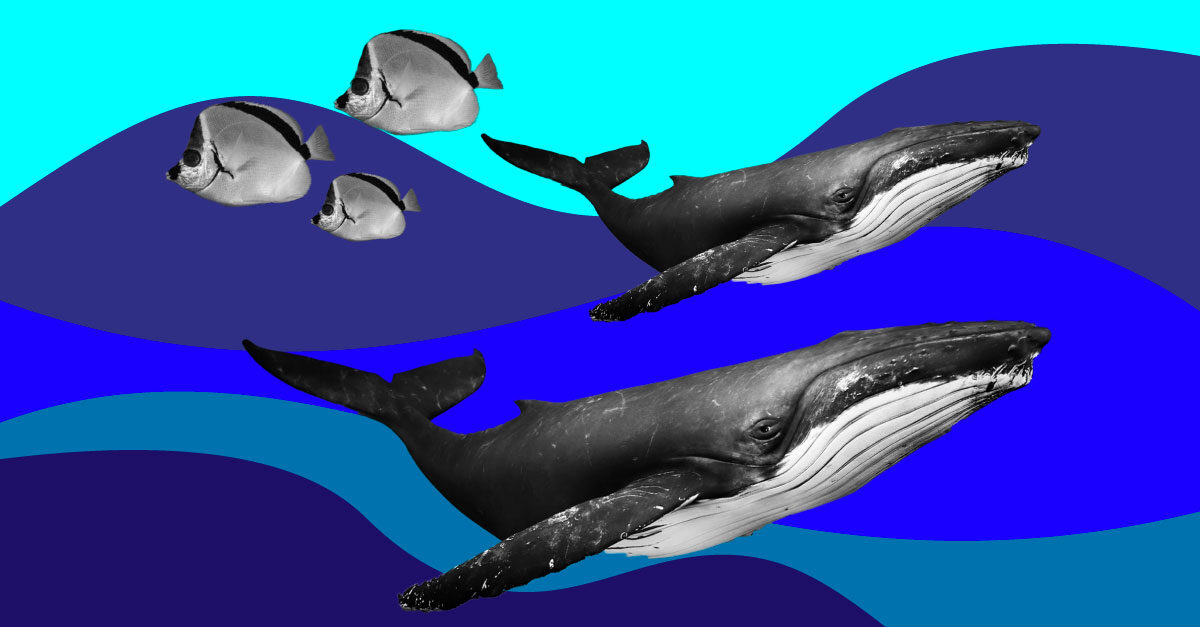Oceans are one of the world’s greatest resources. Covering more than 70 % of the planet, oceans support the environment and make the Earth habitable for humans. In fact, our rainwater, drinking water, weather, climate, coastlines, much of our food, and even the oxygen in the air we breathe, are all ultimately controlled by our oceans.
Oceans even absorb about 30% of carbon dioxide produced by humans. And did you know that roughly 80% of marine and coastal pollution originates on land, including things like agricultural run-off, pesticides, plastics, and untreated sewage?
June 8 was World Ocean’s Day! What better time to affirm how we need to get serious about marine conservation? In Canada, colleges and institutes are leading ground-breaking research in the marine and coastal sector that helps protect life below water (SDG 14):
- At Memorial University, the Fisheries and Marine Institute is one of the most respected centres of oceans education and applied research in the world. It supports a comprehensive approach to ocean research and development by providing access to vessels, technology, technical expertise, and partnerships opportunities.
- At Cégep de Rimouski, the Maritime Institute of Quebec boasts more than 350 applied research projects in areas such as maritime engineering and environmental technologies to provide solutions for marine-industry professionals.
- Similarly, Merinov at the Cégep de la Gaspésie et des Îles specializes in applied research related to fishing, aquaculture, and transformation of marine bio-resources.
- At Georgian College the Centre for Marine Training and Research is home to leading-edge facilities and simulation equipment such a world-class Navigational Simulator, Engine Room Simulator, and Survival Craft Operation Simulator.
- As part of an applied research project at Algonquin College, a group of students in Computer Programming helped develop an app that can track lost fishing gear that might inadvertently harm fish and other marine life and leach microplastics into the water. The app makes it easy for marine workers to report lost gear to the Department of Fisheries and Oceans.
- Just last year, Nova Scotia Community College received funding to develop a new Clean Marine Propulsion Lab that will help companies develop hybrid electric and fuel cell systems to operate marine vessels such as in-shore fishing craft and tour boats. These innovations will make the vessels cheaper to operate, quieter and less polluting.
- At the Université Sainte-Anne, the Centre for Marine Research works closely with partners to ensure the sustainability of the marine industry in rural communities through innovation, education, and research. Project areas include commercial fishing, aquaculture, and adapting to the effects of climate change.
Don’t forget to join the SDG Accord! The Accord inspires, celebrates, and advances the critical role of education in delivering on the SDGs. As signatories, we maximize the impact of our efforts, share knowledge, commit to doing more, and hold each other accountable.
Healthy and sustainable oceans (SDG 14) are essential to a healthy planet. The next ten years mark United Nations Decade of Ocean Science for Sustainable Development. Take some time to think about what part you can play in helping to conserve our ocean ecosystems.

